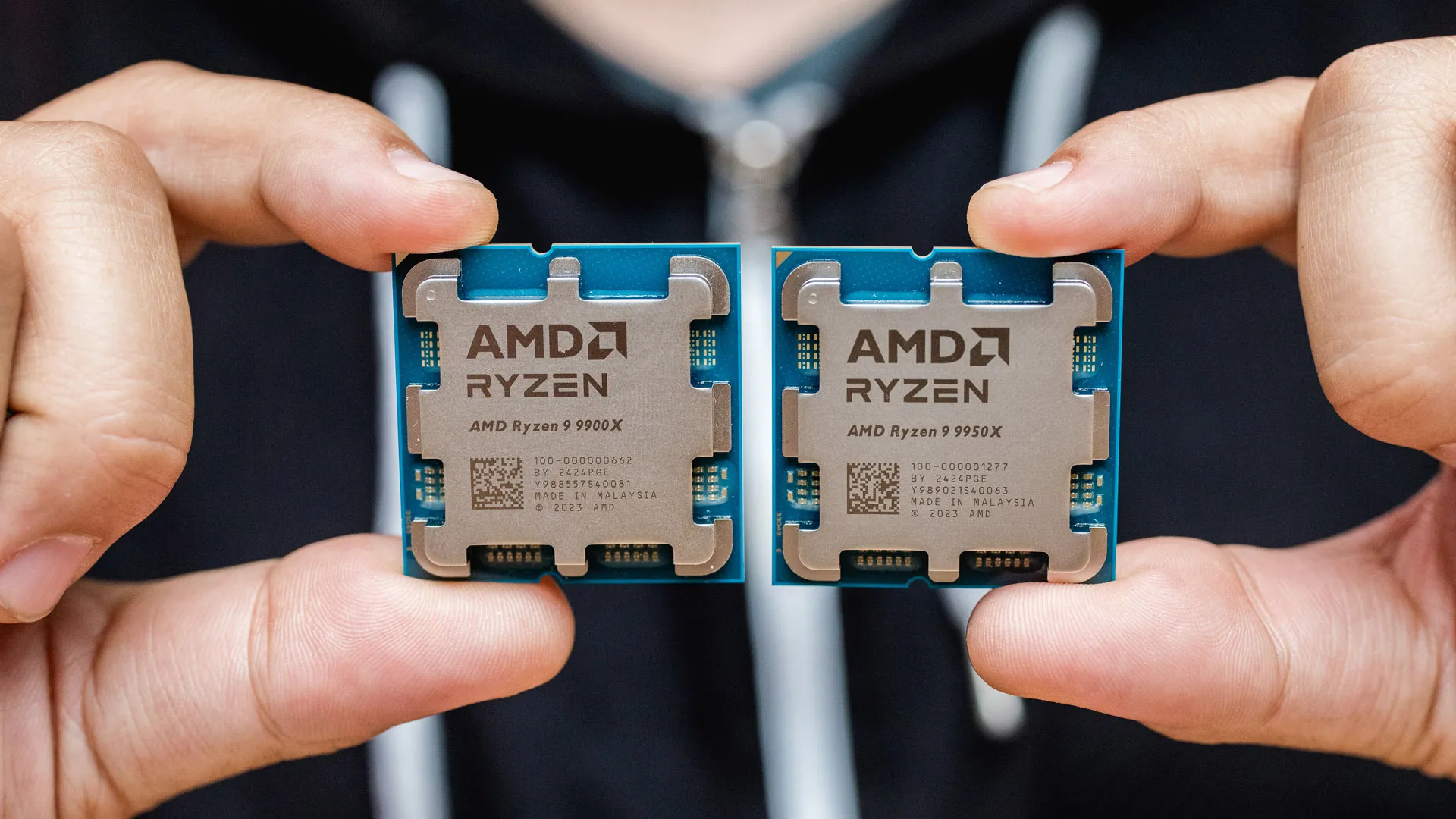AMD's Ryzen 9000 Controversy Explained: Insights from David McAfee

Overview of the AMD Ryzen 9000 Debate
AMD's recent launch of the Ryzen 9000 desktop processors sparked widespread discussion due to its unexpected gaming performance metrics. The company faced scrutiny as independent reviewers highlighted performance that didn't match AMD's earlier marketing claims. In a comprehensive community post, AMD attributed the discrepancies to a variety of factors, including testing conditions and configurations used in benchmarking.
Key Insights from David McAfee
David McAfee, who leads AMD's client channel segment, clarified that differences in testing methods between AMD and third-party reviewers significantly contributed to the mixed results. AMD's 'Zen 5' architecture utilizes advanced features such as improved branch prediction capabilities, which were optimally tested in Super Admin mode—highlighting a blind spot in AMD's traditional testing approach.
How AMD is Addressing Performance Metrics
- Bridging Gaps Between Testing Methodologies: McAfee emphasized the importance of aligning AMD's automated testing framework with real-world user scenarios.
- Insight on Windows 11 Updates: Users can eventually benefit from performance enhancements in the upcoming Windows 11 feature update.
- Reliability of Benchmarking: Game selection and specific scenarios during testing can lead to significant variance in performance results.
Final Thoughts from AMD
Ultimately, McAfee clarified that the responsibility for the discrepancies rests with AMD's internal testing variances rather than with third-party reviewers. Moving forward, AMD aims to refine its testing methods to reduce confusion within the tech community while delivering clearer results to its customers.
For more detailed insights and a deeper understanding of this issue, be sure to explore the full interview with David McAfee, where various topics are discussed.
This article was prepared using information from open sources in accordance with the principles of Ethical Policy. The editorial team is not responsible for absolute accuracy, as it relies on data from the sources referenced.